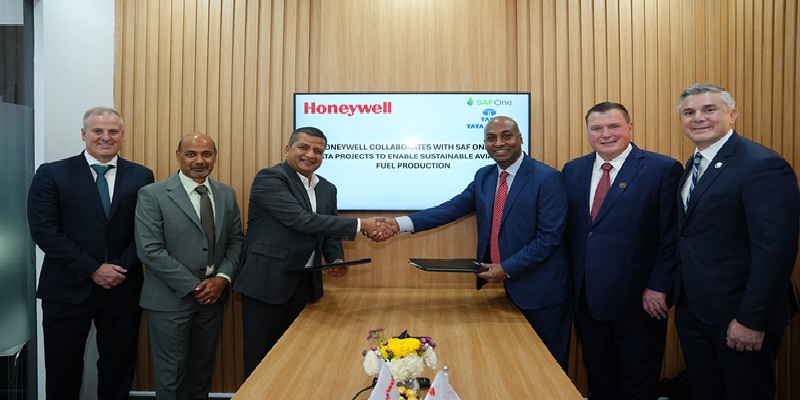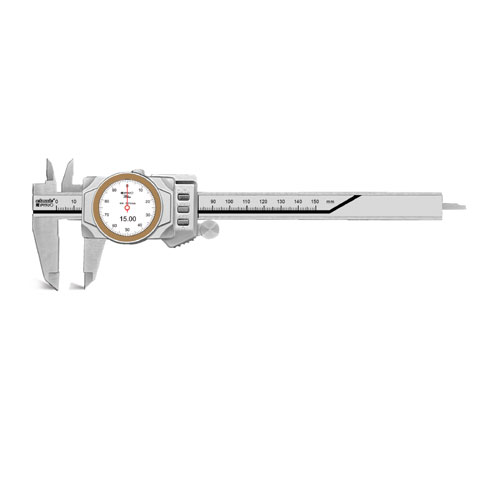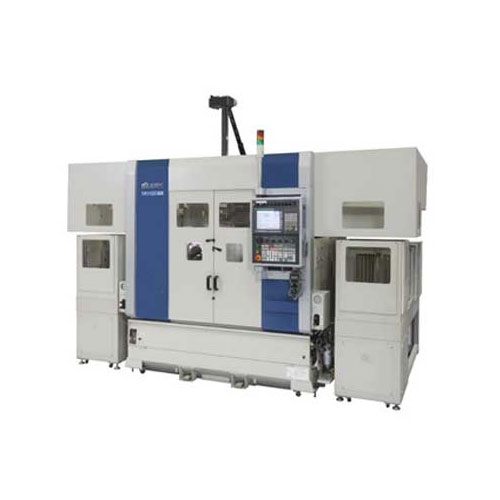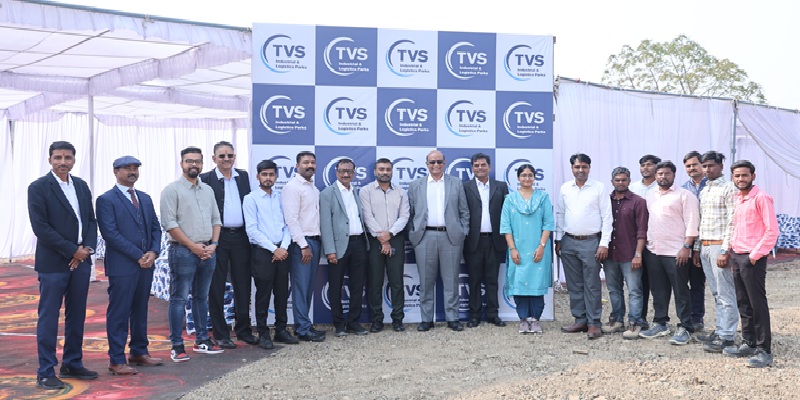Schedule a Call Back
R&D fuels development of new robotic solutions: Satish Shukla
 Articles
Articles- Sep 28,24

Related Stories

Salvagnini Italia Hosts Global Doors & Frames Industry Leadership Meet
Executives from 20+ countries met in Italy to discuss automation, flexibility and manufacturing complexity in doors and frames.
Read more
Honeywell UOP, Tata Projects Partner SAF One on Global SAF Production
Honeywell UOP and Tata Projects to deploy Ecofining technology for SAF One’s global sustainable aviation fuel projects.
Read more
India’s Manufacturing Mission: What Make in India Got Right and Wrong
A decade after its launch, Make in India shows sectoral progress but structural gaps remain. As global manufacturing turns VUCA, the next phase must focus on value addition, jobs and ecosystems, say..
Read moreRelated Products

Digimatic Smart Caliper
Veekay Industries offers a wide range of digimatic smart caliper.

Compact Fmc - Motorum 3048tg With Fs2512
Meiban Engineering Technologies Pvt Ltd offers a wide range of Compact FMC - Motorum 3048TG with FS2512.

Digital Colony Counter
Rising Sun Enterprises supplies digital colony counter.















